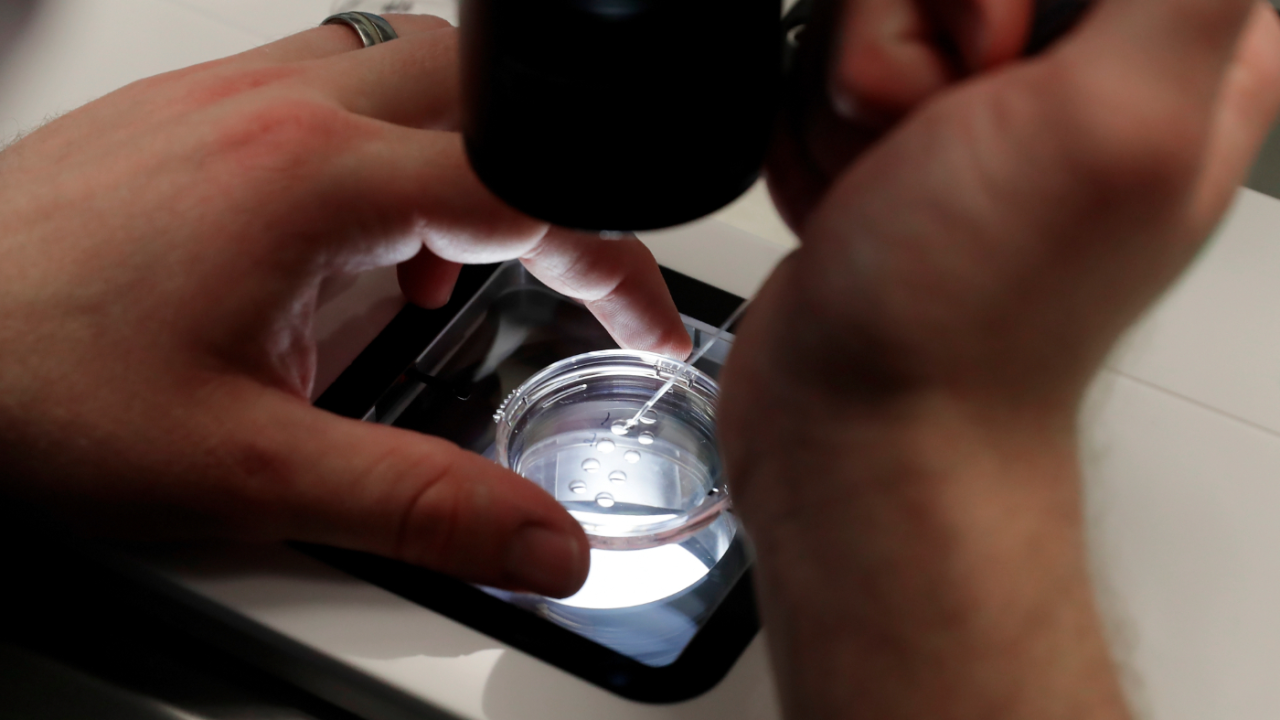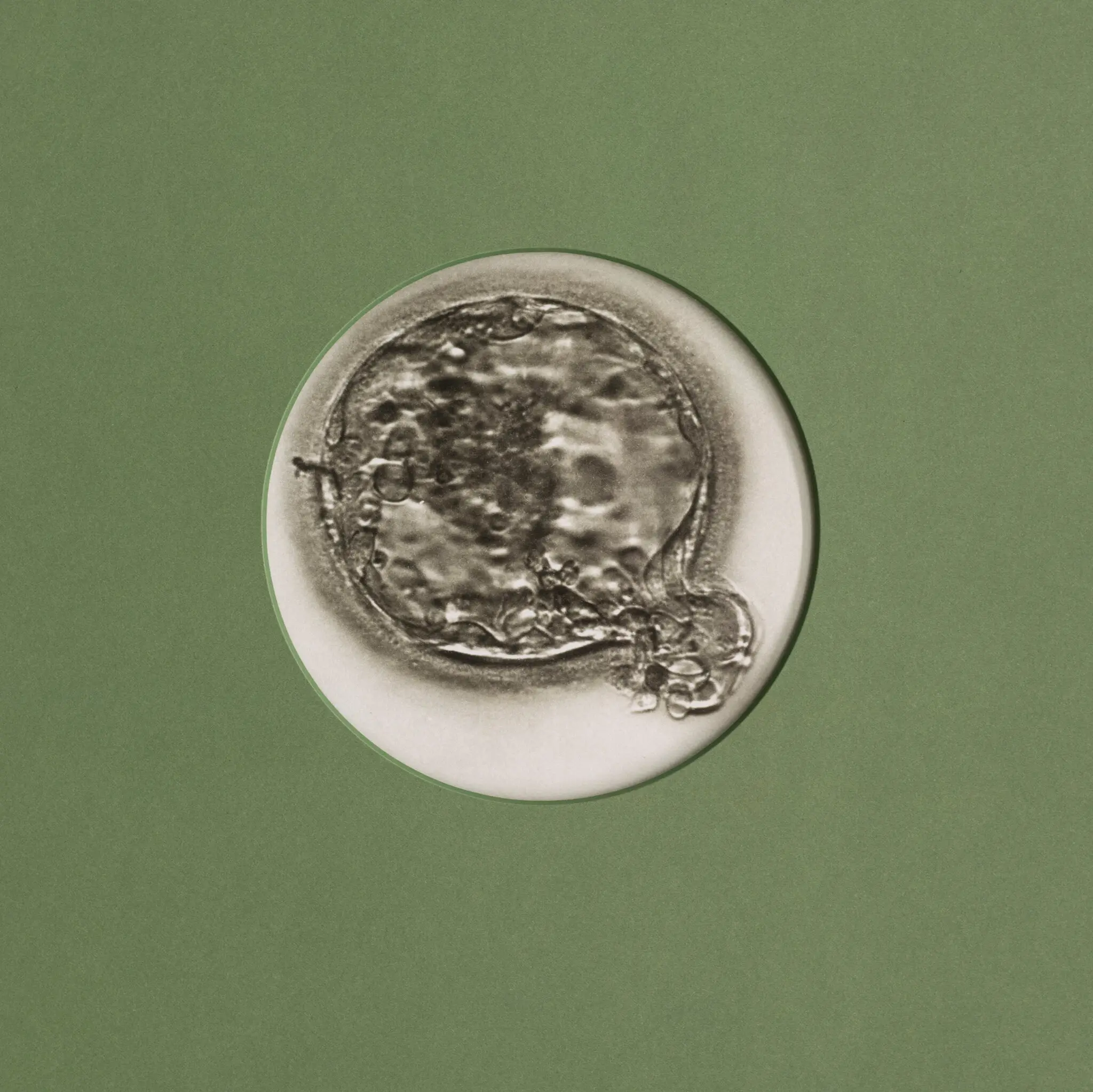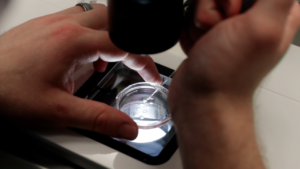At the young age of 19, Martha Bidnick found out she couldn’t have children.
It was a shocking discovery, especially since she expected to have kids at some point in her life.
So, she decided to do in vitro fertilization (IVF) immediately.
“It was hard to process at first that I couldn’t have kids naturally,” said Bidnick, who lives in Gettysburg. She was stationed in California at the time, having joined the US Air Force a year before. She’d married young, and she and her now ex-husband were trying to start a family. When she learned that her fallopian tubes were damaged—making it impossible for a pregnancy to occur naturally—she decided to explore IVF.
“The younger you are the better the chances are it will work, so I didn’t want to wait,” Bidnick said. “I was determined to do this.”
Bidnick, now 49, went through IVF treatments and gave birth to a healthy baby girl. This was back in the mid-1990s, when IVF wasn’t under attack. Things have since changed.
In fact, just this month, Republican lawmakers in the US Senate blocked the passage of the Right to IVF Act, a federal bill that would ensure access to fertility treatments.






